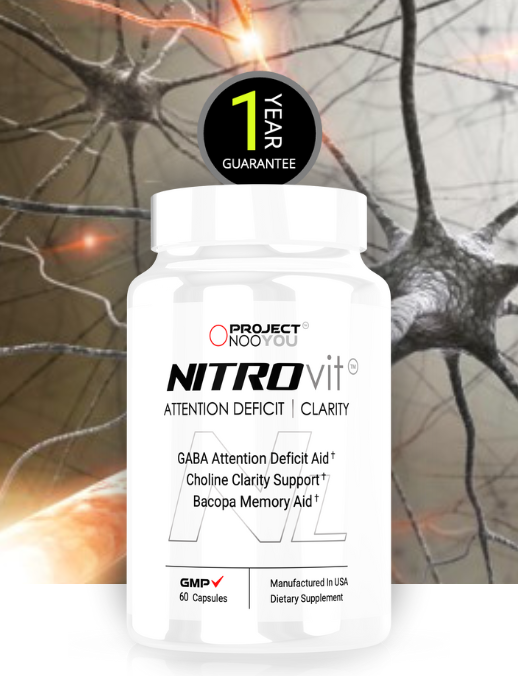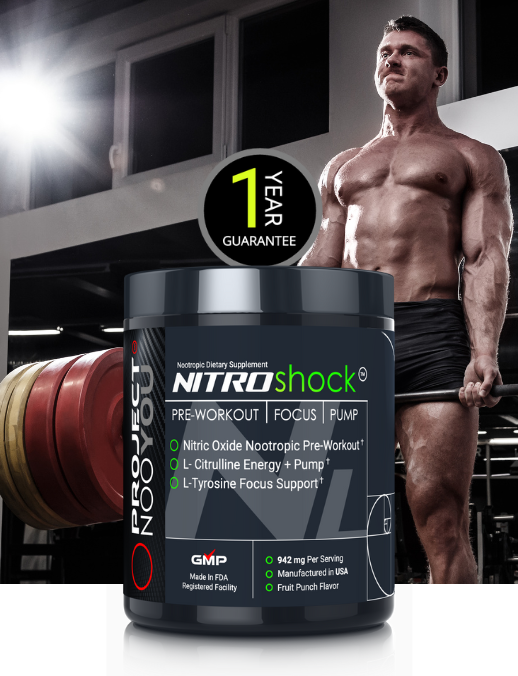

Most people work out because they want to lose weight, get stronger or learn new skills.
While they’re observing their gains, they might be overlooking the less obvious benefits to their brain function.
When you exercise, you not only strengthen your skeletal muscles but your brain power, too. Scientific studies have shown that exercises has huge benefits for the brain.
You’d be forgiven for thinking that the brain exists solely to control thoughts and feelings, but you’d be wrong.
Neuroscientist Daniel Wolpert is well-versed in the complexities of the brain. In his 2011 TED Talk, ‘The Real Reason for Brains‘, he explained how the brain’s primary purpose is to control movement, because movement is what allows us to perform all the other tasks and functions we need to survive and thrive.
“We have a brain for one reason and one reason only — and that’s to produce adaptable and complex movements.”
Daniel Wolpert, Neuroscientist, TED Talk, 2011.
So, if the brain exists to control movement, we need to move more in order to keep it working well, which means exercising. Still confused? Here’s a breakdown of all the ways exercise benefits the brain.
Mood
You might have heard of ‘runner’s high‘, whereby runners experience a feeling of euphoria, but you don’t need to run marathons to get a boost in your mood.
Exercise has been proven to reduce symptoms of depression, and is as even as effective as using antidepressant medication in some cases.
While you may hate the thought of working out and suffer through every minute in the gym, you’ll feel much better once it’s done, not just because of the feeling of accomplishment, but because of the alterations in your brain chemicals.
Learning
Exercise is especially important for kids because has both physiological and developmental impact on children’s brains as they grow.
Increased physical exercise results in changes to neurotransmitters and the central nervous system as well as increased circulation to the brain.
John Ratey, author of ‘A User’s Guide to the Brain‘, calls exercise ‘Miracle-Gro for the brain’ because of its role in stimulating nerve growth factors. All of this culminates in enhanced learning ability.
Energy
It may sound contradictory since exercise can be so tiring, but it actually boosts your energy levels in the long run.
When you’re already tired, heading to the gym may be the last thing you want to do, but your body and your brain would thank you for it. Working out can even be more beneficial to energy than taking stimulants.
If you have a fairly sedentary lifestyle and work in an office, hitting the gym in the morning is vital.
It gets you up and going first thing, stops you from feeling sluggish and lethargic, and gives you the mental and physical boost you need to power through the working day.
Memory
Puzzles and trivia are great for a mental workout, but so are gym sessions. Physical exercise can improve your memory, too.
Aerobic exercise targets the hippocampus, which is responsible for learning and memory. The more you work out, the more it grows, and the better your memory function becomes.
Retaining Cognitive Function with Age
Physical activity is vitally important for people of all ages, and that includes the elderly.
It’s been proven to slow cognitive decline and protect against dementia by slowing brain shrinkage and maintaining healthy neurons.
Something as little as a short walk a few times a week can do a world of good to an aging person’s cognitive abilities.
Concentration
A study showed that brisk walking or jogging improves attention span and processing speed, among other aspects of cognitive performance.
A separate investigation found that children who ran 15-45 minutes before class were less distracted and more attentive in classes.
These effects lasted up to hours after exercise, and any parent or teacher who’s ever struggled to keep a child’s attention will know how valuable that is.
If you think that you need to be researching specific types of exercises and compiling a dedicated program for increased brain power, don’t worry. It’s not as complicated as that.
Any exercise which is good for the heart will also be good for the brain, so cardiovascular or aerobic workouts are bound to do the trick.
If you’re new to exercise, choose something simple like walking or swimming, and you’ll be surprised at the results.
If you’re already fairly fit or want to take it up a notch, circuits or HIIT (High Intensity Interval Training) are a good choice, as they raise your heart rate quickly and use varied exercises to keep you stimulated.
For a combination of physical and mental exercise, a martial art such as Jiu Jitsu is perfect, since it requires such intricate techniques and strategies rather than simply strength or power.
As with most things, everything in moderation is key, and a mixture of different types of exercise is the best way to go.
SHARE
MORE POSTS
SUBSCRIBE TO OUR NEWSLETTER
NOOTROPIC SUPPLEMENTS















